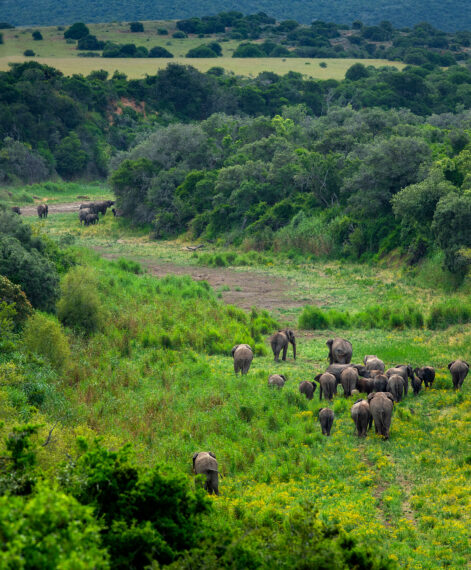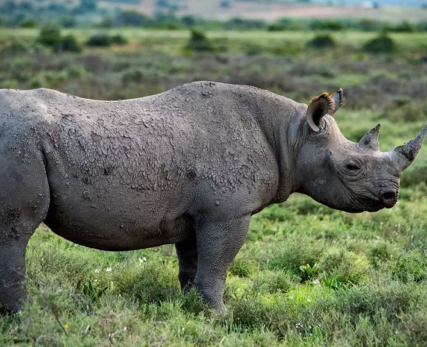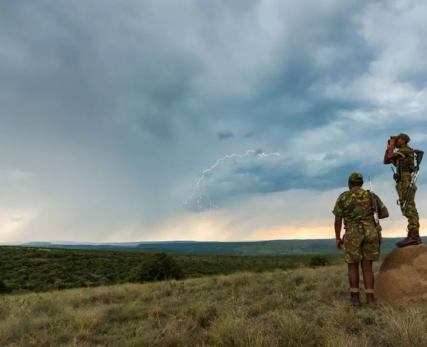Per definition, ecotourism (also written eco tourism) is tourism directed towards exotic, often threatened natural environments and is intended to support conservation efforts while tourists get to enjoy observing the local wildlife. It is often referred to as a subset of the tourism industry and specifically, is a form of sustainable tourism or responsible tourism.
According to TIES (The International Ecotourism Society), ecotourism is “responsible travel to natural areas that conserves the environment, sustains the well-being of the local people, and involves interpretation and education.”
More on ‘What Is Ecotourism?’ and All It Entails
Ecotourism is becoming increasingly popular in today’s eco-conscious day and age. Travellers are intent on knowing that their holidays have minimal to no impact on protected areas or the environment they are visiting. It involves travel to natural destinations or protected areas in order to experience activities that are environmentally friendly and of little to no impact to the environment. The primary focus is on learning about and experiencing the environment, culture, fauna, and flora of an area and wherein doing so contributes to the economic and social development of local communities.
There are several key characteristics of ecotourism. They are:
- Ecotourism contributes to the preservation of biodiversity
- Ecotourism sustains local communities economically
- Ecotourism involves responsible actions for tourists and the tourism industry
- Ecotourism uses minimal natural resources, minimising the carbon footprint
- Ecotourism increases the participation of local communities in tourism
- Eco tourists respect local cultures, seek to view rare species and spectacular landscapes
- Ecotourism involves learning opportunities and experiences for tourists
Ecotourism and Conservation
Ecotourism contributes to conservation of natural and cultural resources and protected areas. This aids in the protection of endangered species of said protected areas. Many private game reserves are home to protected environments and thus tourists aid in the conservation of the species by travelling to those local areas.






